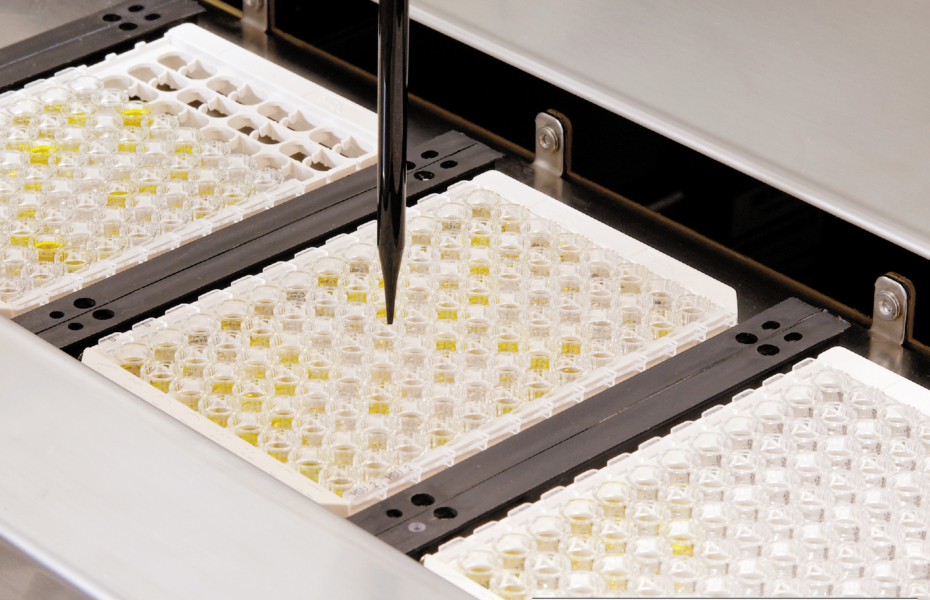Anti-CCHFV ELISAs for acute outbreak support
Crimean-Congo haemorrhagic fever (CCHF) is a life-threatening tick-borne viral disease which is included in the World Health Organisation priorities for research and product development for early diagnostics. Since there is no CCHF vaccine available, management of outbreaks relies on rapid identification of cases and appropriate infection control measures.
EUROIMMUN has developed ELISAs based on recombinant viral nucleoprotein for specific detection of anti-CCHFV antibodies of classes IgM and IgG in patient serum samples. The ELISAs are standardised and easy to use and reliably support identification of acute CCHF cases. Since ELISAs are less complex than other serological methods, they are highly suitable for use in on-site laboratories involved in CCHF outbreak assistance.
In a study published in January 2023 in the journal Vector-Borne and Zoonotic Diseases, the ELISAs were evaluated against established CE-marked tests using samples from patients with acute-phase infections. There was a strong correlation between results from the EUROIMMUN ELISAs and results from another manufacturer’s ELISAs, whereby the sensitivity of the EUROIMMUN tests was higher for both IgM and IgG. Compared to the reference indirect immunofluorescence test from EUROIMMUN, the EUROIMMUN IgM ELISA showed a 98.0% sensitivity in the acute-phase samples. This high sensitivity reinforces results from a 2021 study published in PLOS Neglected Tropical Diseases, in which the EUROIMMUN IgM ELISA showed a sensitivity of 100% in acute and convalescent cases. IgG tests are mainly used for disease monitoring, epidemiological studies and surveillance. In cases of subsided CCHF, the EUROIMMUN IgG ELISA demonstrated a sensitivity of 98.8%, confirming its value for disease surveillance.
The EUROIMMUN Anti-CCHFV IgM and IgG ELISAs are CE marked and can be fully automated on ELISA processors such as the EUROLabWorkstation ELISA or the EUROIMMUN Analyzer I or I-2P.
References: doi:10.1089/vbz.2022.0026 and doi:10.1371/journal.pntd.0009280.





